Looking around my desk in the newsroom this past week, I realised two things:
- Most of my deskmates are women; half are my age or younger. This has never happened during my time in journalism.
- I have seen each one of these women without make up, at work. This has never happened during my time on Earth.
It was surprising, heartening and a little bittersweet to realise that for the first time in my life, I’d worn no make up to work and no one said a thing about it – not even me.
No observations, no excuses, no worried looks. Nobody cared. It was glorious.
And I’m not the only one noticing this shift from full face to bare face.
Last month, a tribunal ruled in favour of a 24-year-old former waitress, who sued her employer for telling her to wear make up to work.
Quite rightly too – if men can rock up to work with their natural faces unchallenged, there’s no justification for asking female employees to cover theirs.
But the belief that being ‘made up’ is synonymous with being ‘professional’ has been deeply ingrained in our culture for generations.
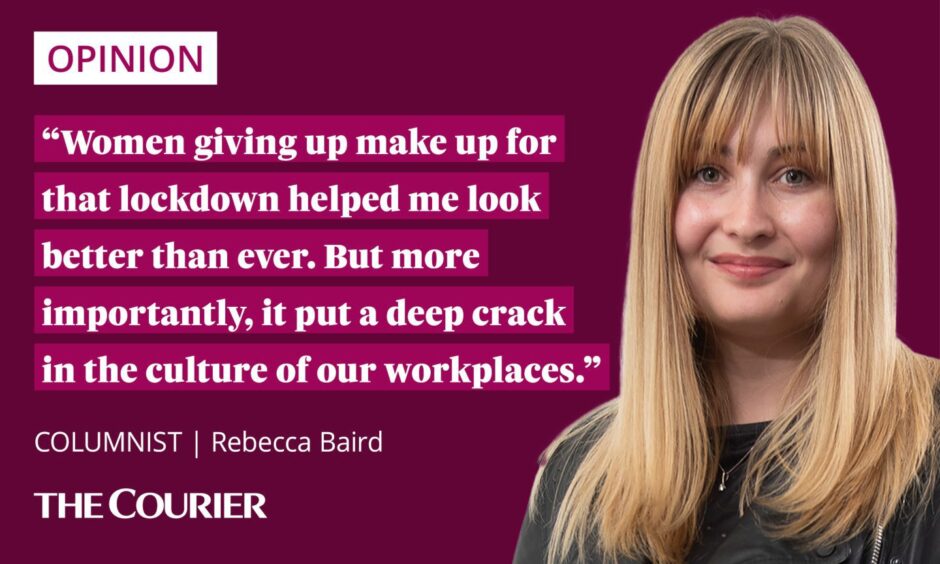
In her 20s and 30s, my mum would never have left the house without at least a lashing of mascara and a swipe of lippy, even to nip to the shop for a pint of milk.
And as a beauty therapist, she had to wear a full face to work to be considered professional in her industry.
Likewise, from the ages of 14-25, I don’t think I crossed my threshold without something shimmering, oiling, lengthening or plumping to help me take on the world.
‘This is just my face!’
Honestly, I enjoyed it – it felt creative and fun to play with eyeliners and shadows and different lipstick colours.
But at some point, my enjoyment of make up turned into an unease about going without it.
It shows I’ve made an effort, I’d think. It shows I take pride in my appearance. That I’m organised. Competent.
I didn’t stop to think about how my male colleagues’ competency was never questioned when they had visible spots.
Being a young woman in any male-dominated industry, you just learn to use any tools at your disposal to be taken more seriously.
And on the rare occasions I left my house without make up, I’d hear the same three responses from friends and colleagues, like clockwork:
“Are you OK?”
“You look tired.”
“What’s wrong?”
It feels like a worn out Facebook post to say: This is just my face! But it was. It was just my face. They just weren’t used to seeing it.
But comments like that, which I reckon most women have heard at some point or another, reinforced my belief that ‘just my face’ was somehow unprofessional.
I think I would’ve continued that way if not for Covid.
Giving up the glam helped me shine
During lockdown I, like so many of my colleagues – and according to studies, other women around the world – stopped wearing make up for work.
Why would we? No one could see us.
And if they could, via Teams or Zoom, it suddenly felt bizarrely indulgent, tone deaf, and even a bit disrespectful to get all made up just to sit at home while thousands died across the globe.
For me, it was a relief. My skin, riddled with acne for years, finally healed with the respite from constant irritation.
Faced daily with my ‘imperfections’ – dark circles, pallid complexion – I found I had time to devote to improving my diet and water intake, instead of covering the issues with concealer.
Women giving up make up for lockdown helped me look better than ever. But more importantly, it put a deep crack in the culture of our workplaces.
People got used to seeing one another’s faces.
It’s no longer expected for professional women to wear make up in order to be respected, or acceptable for employers to request we do.
Which is wild, considering the fact that as a student working in hospitality, I was often asked by employers to provide a ‘headshot’ along with my CV – and that was less than a decade ago.
Is going bare faced a statement, or just another trend?
That’s not to say make up is on the way out; but now the onus is on each individual to define their relationship to it, instead of having the extra hassle, expense and time prescribed by outdated norms.
My only fear is that this bare-faced look is no more than another passing trend.
After the hyper-glam, Kardashian-ified decade pre-Covid, it is just that the needle has swung the other way, and going make up free is acceptable only because it’s cool right now?
I hope not. I’ve never spent so little time thinking about my face, and it’s incredibly liberating. I want that mental freedom to become the norm for all employees; for all people.
And that’ll take time.
These days, I still struggle to go au naturale for work assignments which take me into the public, or on camera. I’m not ready to let go of the armour of make up entirely.
But on office days, I’ll happily clock in with a bare face, no less prepared for my lack of war paint, and treated as such.
And the best part?
I’m not the only one.
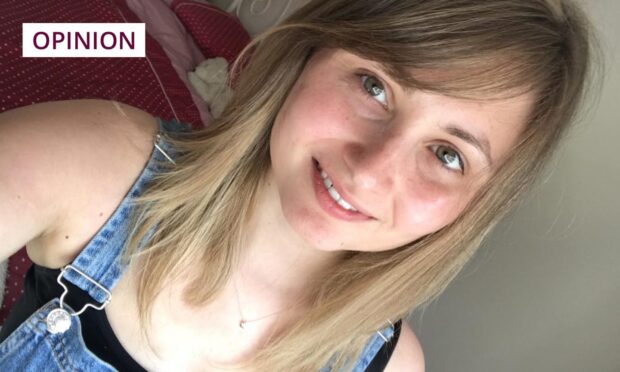
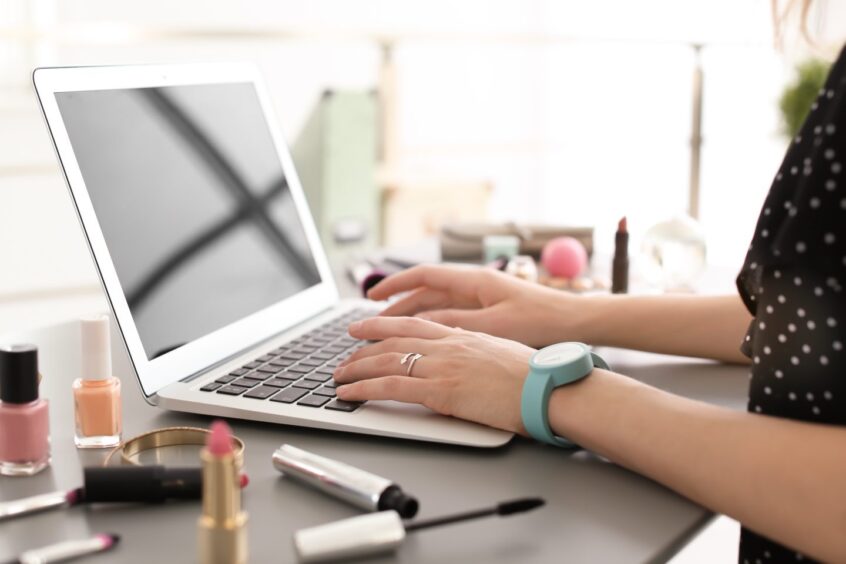
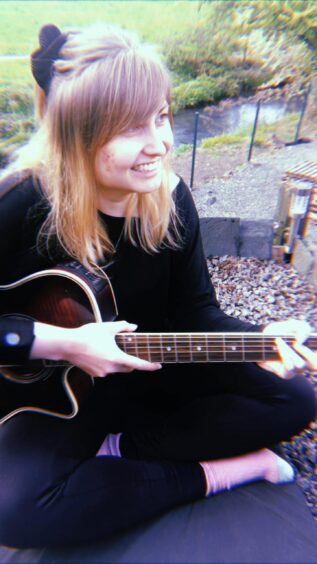
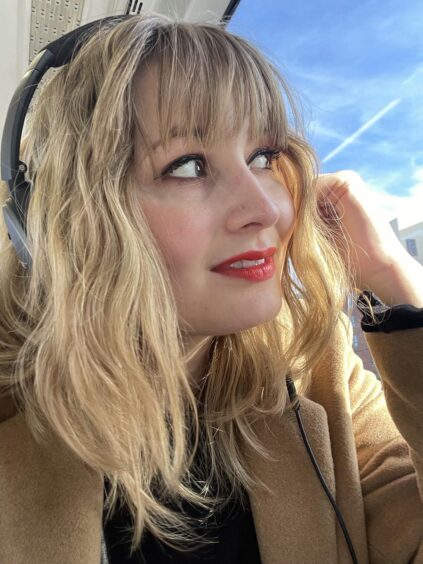
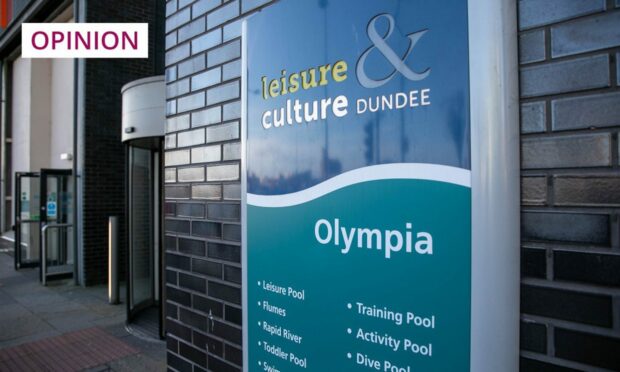
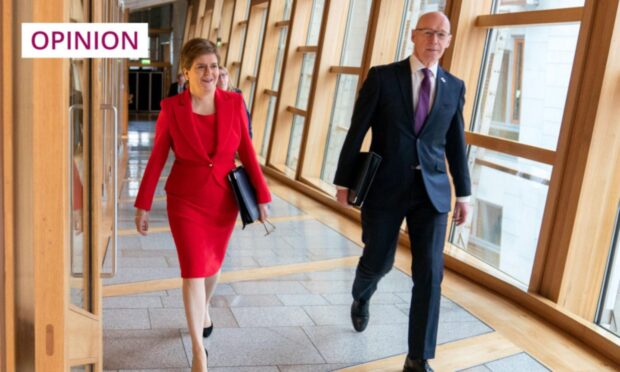
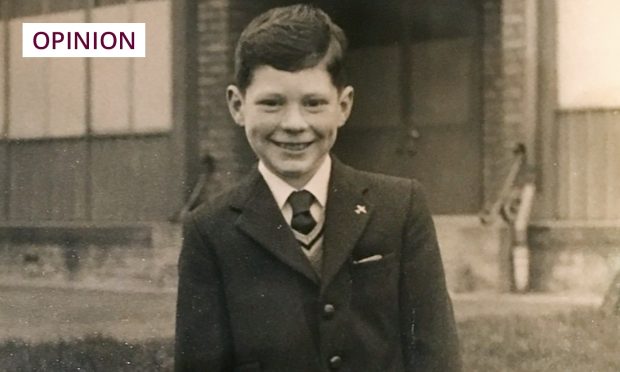
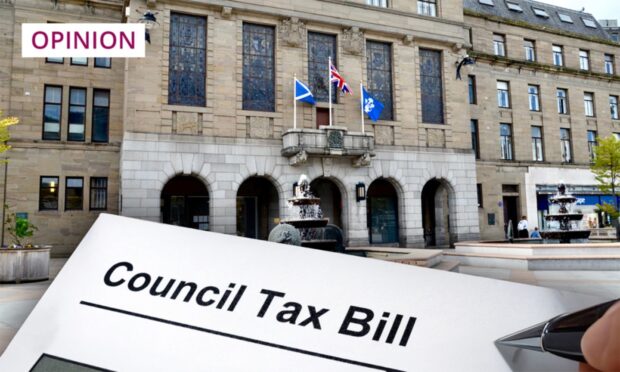
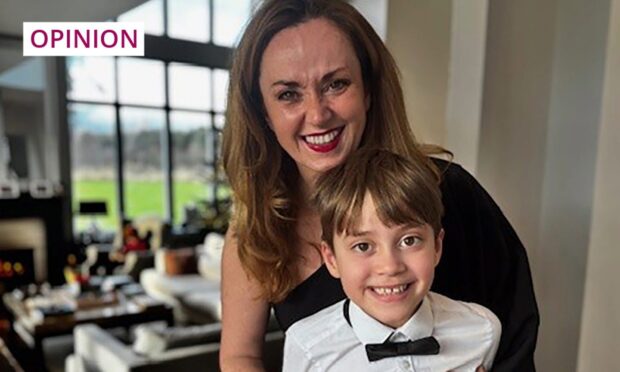

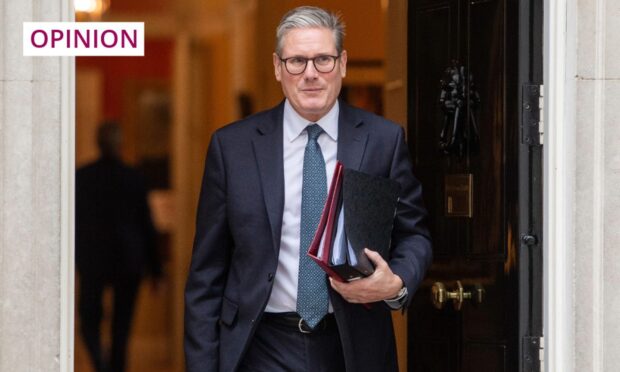
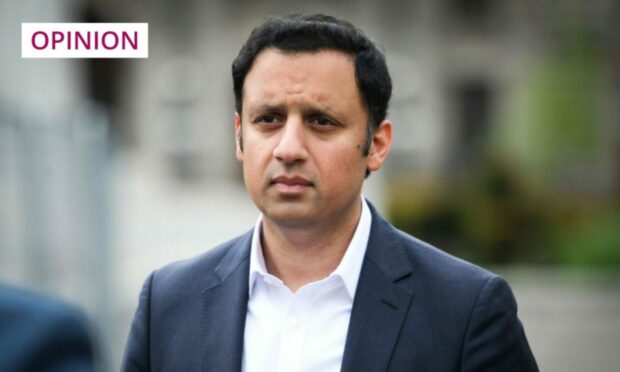
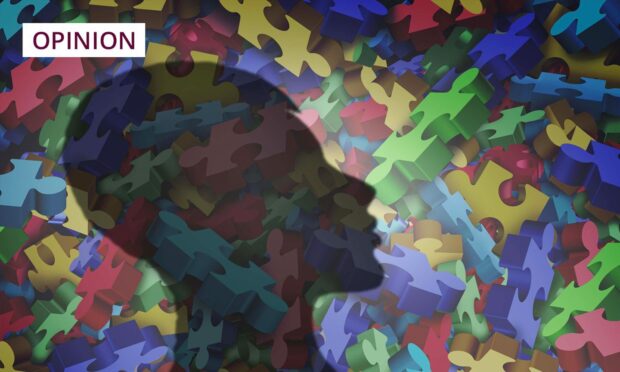
Conversation